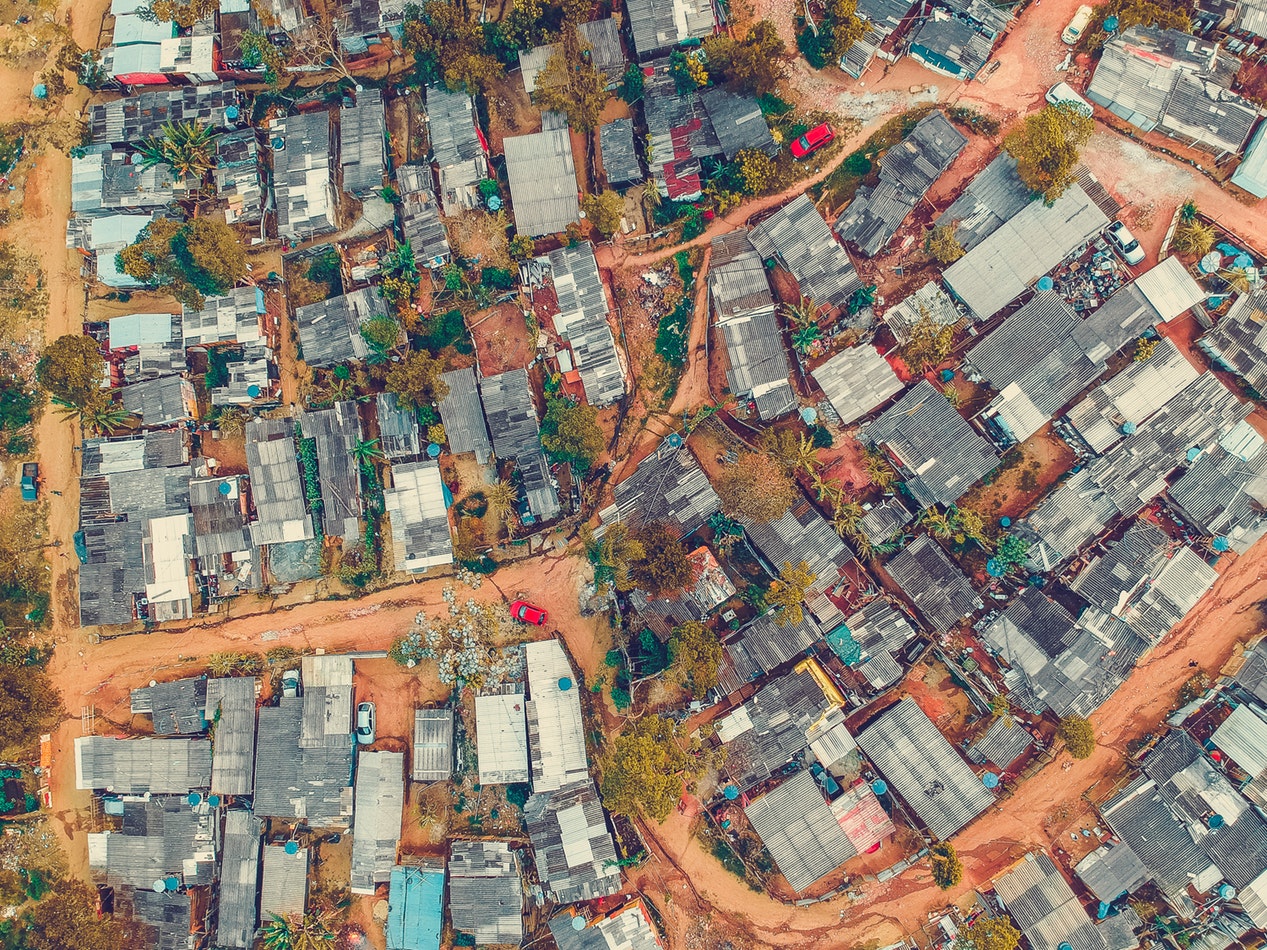
Dr. Silvio Caputo and Professor Samer Bagaeen in partnership with Programa de Pos-graduacao em Urbanismo (PROUB), the Graduate Program on Urbanism at Universitade Federal do Rio de Janeiro, received internal funding under the Global Challenges Research Fund (GCRF) Workshop Fund. This is an initiative funding collaborative projects with Development Assistance Committee (DAC) countries, which will be presented during the forthcoming GCRF conference of the University of Kent in July.
This workshop will be run in May. It aims at developing innovative, co-designed solutions, capable of integrating green infrastructure within dense informal settlements while ameliorating health, environmental and economic conditions of their inhabitants. Co-design and design methodologies are at the core of the activities of this workshop. Participants will include a variety of stakeholders such as representatives from Morro de Formiga, one of the informal settlements (i.e. favelas) in Rio de Janeiro, stakeholders from Rio municipality, and academics and students in urbanism from PROUB.
Typically, the self-build and unplanned nature of informal settlements results in lack of infrastructure and connectivity with adjacent parts of the city. In Rio de Janeiro, the unregulated growth of some favelas resulted also in the loss of large forest areas at the fringes of the city and generated a built environment which lacks of the vital benefits that urban infrastructure, and in particular green infrastructure, can provide. The workshop will build on the expertise of Kent School of Architecture and Planning, and PROUB and will explore innovative architectural, planning and governance solutions for the integration of green infrastructure as well as productive green infrastructure such as urban agriculture.